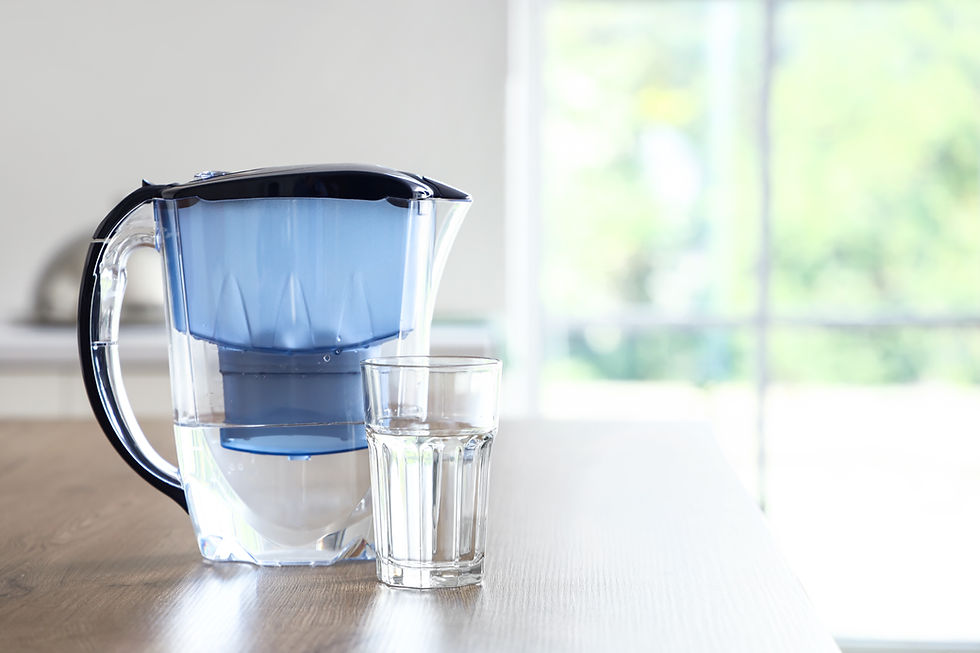Pilot Trial with Coconut-Based Activated Carbon at Danish Waterworks
- Holmblad Water
- Jul 18, 2024
- 3 min read

In Denmark, we face significant challenges with our groundwater, and the romantic notion that healthy and clean drinking water can be drawn directly from the Danish underground belongs, unfortunately, to a time when mail was delivered in a Renault 4 and the mailman had time for a chat over a cup of coffee.
For decades, the use of various types of herbicides and pesticides on Danish fields, as well as PFAS-containing chemicals in industries and other areas, has been permitted. Over time, these have unfortunately found their way down through the soil layers and have now contaminated our groundwater. There has generally been no focus on the potential future problem that was being created over the last 50 years, which was due to ignorance, political reluctance, interest organizations, industry, agriculture, etc., where the focus has been on economic growth, and the potential consequences have been ignored and suppressed.
Today, we must simply address the challenges we now face, be realistic about the extent of the problem, and both authorities, private individuals, and waterworks must act accordingly.
In Hedehusene, west of Copenhagen, Hedehusene Østre Waterworks has started a pilot project using coconut-based activated granular carbon to filter their drinking water. In 2021, the Danish Environmental Protection Agency lowered the limit for how much PFAS is allowed in drinking water, which meant that Hedehusene Østre Waterworks could no longer supply drinking water to their customers from their own wells. PFAS had been present in their drinking water for a long time, but now the limit values had been lowered to a level where they could no longer send water to their customers. They therefore had to import water from other wells that had not yet exceeded the PFAS limit values, which in turn meant there was no economy to maintain and update the increasingly old water pipes.
The solution was a pilot trial using coconut-based activated granular carbon to filter the waterworks' drinking water against PFAS. The trial has brought the PFAS levels in the drinking water below the limit values set by the Environmental Protection Agency, allowing them to again supply water to their customers. Unfortunately, this also means that the price of water has increased, as establishing this type of filtration system on this scale is an expensive investment. However, the project has demonstrated how effective coconut-based activated carbon is in filtering drinking water.
Coconut-based activated carbon can, in addition to significantly reducing PFAS content, filter out more than 100 other impurities, including, of course, herbicides and pesticides. However, using coconut-based activated carbon on a large scale, such as at Hedehusene Østre Waterworks, is only possible in granular form. Granular activated carbon consists of loose pieces of carbon that absorb impurities, which then adhere to the carbon. This form of filtration is quite effective but only has a filtration capacity of about 10% compared to equivalent coconut-based activated carbon filtration in block form. Block carbon filtration is compressed activated carbon where the surface area is multiplied. Just 4 grams of compressed activated carbon corresponds to the surface area of a football field through which the water must pass.
Therefore, at Holmblad Water, we do not offer granular activated carbon as a filter solution and only offer coconut-based activated carbon filtration in the more effective block form. For private use and smaller industrial/professional setups, this form of filtration is clearly preferable and offers many advantages, both over granular carbon and in comparison to other types of filtration.



Comments